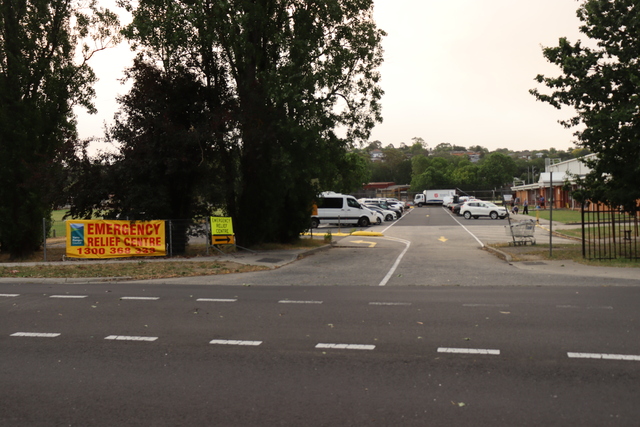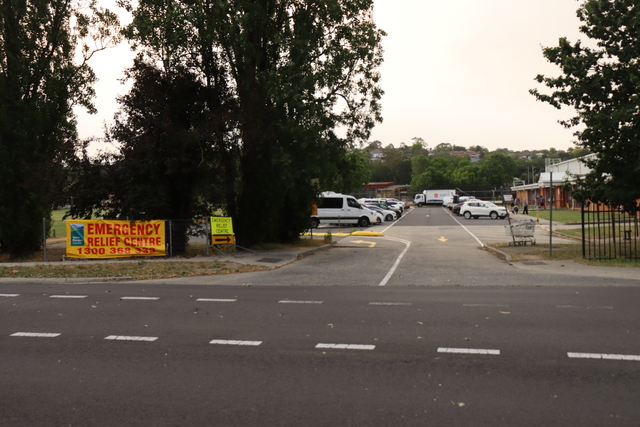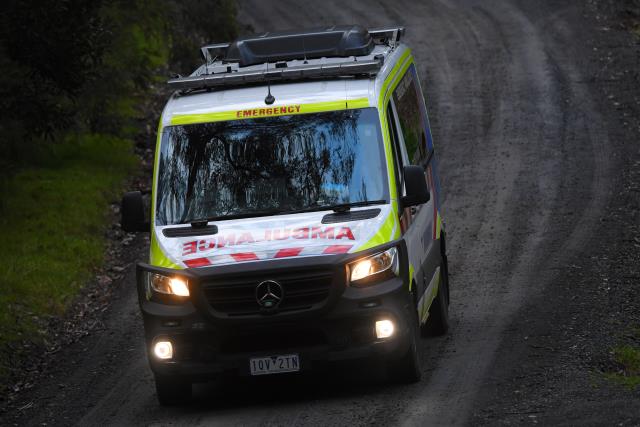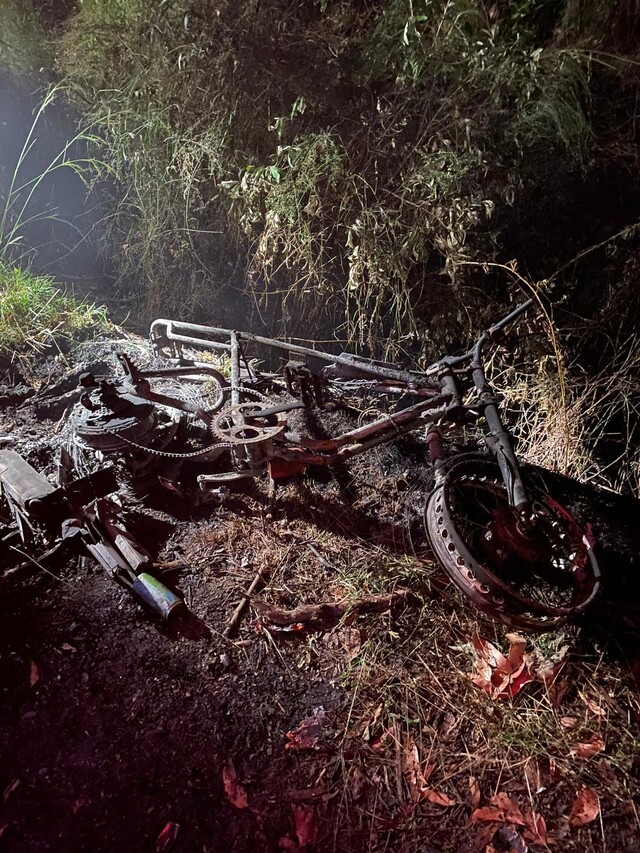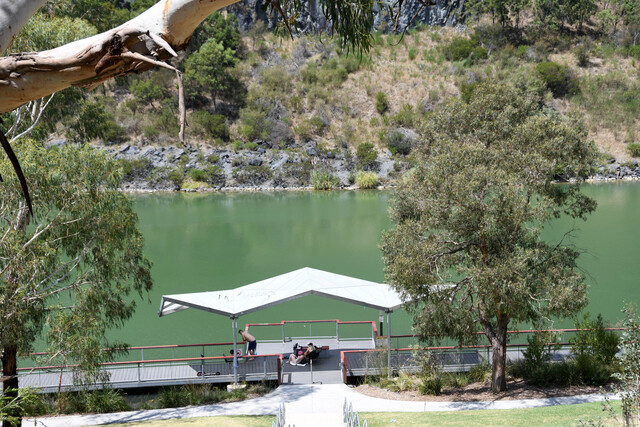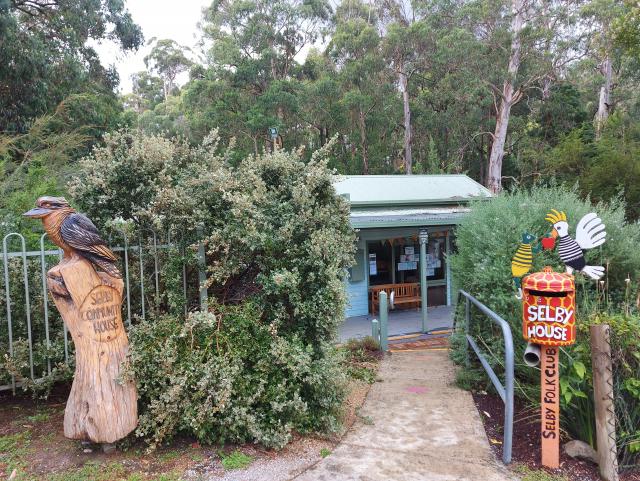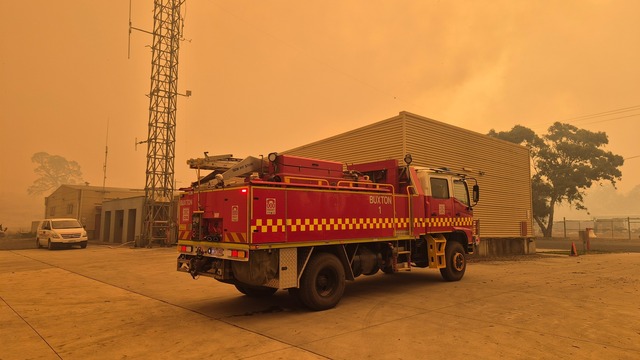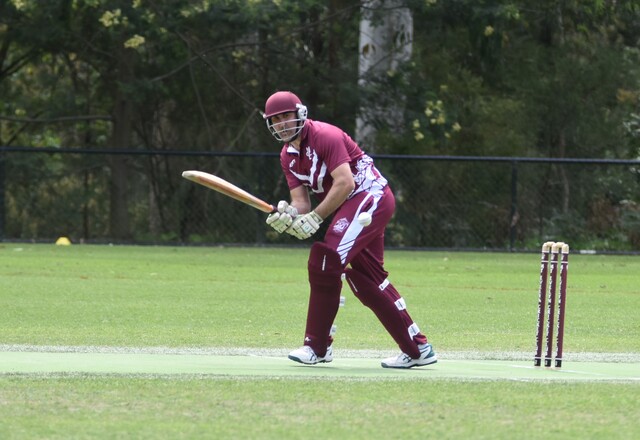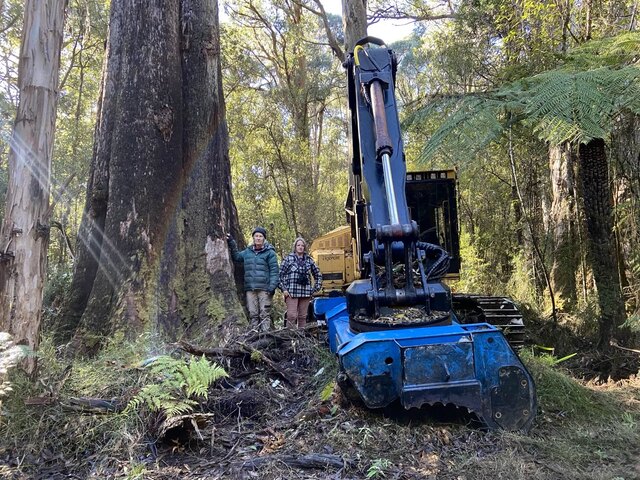A mobile coffee cart proposed for a site along Mount Dandenong Tourist Road in Sassafras has been granted planning approval following a VCAT decision that overturned Yarra Ranges Shire Council’s refusal.
The cart, intended to operate on a small commercial lot within the township, had been previously rejected by council on the basis that it was inconsistent with local planning controls and policies related to landscape character and activity centre development.
The land in question is located within the Green Wedge A Zone (GWAZ1) and is affected by several overlays, including the Significant Landscape Overlay (SLO1) and Specific Controls Overlay (SCO14).
While the GWAZ1 typically prohibits retail premises such as take away food outlets, SCO14 is an incorporated document within the planning scheme that allows certain otherwise-prohibited uses to occur on this specific land, provided they meet specified conditions.
At the heart of the dispute was whether the coffee cart, being a registered mobile vehicle, was considered a “building” under the Planning and Environment Act 1987. The council argued that the cart was a temporary structure and therefore a building, triggering compliance with strict bushfire safety conditions.
The applicant, Carringbush Pty Ltd, referred to previous VCAT decisions, including Unique Food Trucks Pty Ltd v Wyndham CC, in which the Tribunal determined that a food truck was not a building because it was a moveable vehicle.
The Tribunal in this case accepted that reasoning, noting that the cart did not meet the definition of a building and therefore conditions relating to building cladding or bushfire attack level ratings were not relevant.
VCAT found that the use of the land for a take away food premises, in the form of the coffee cart, was permitted under SCO14, and that relevant conditions from the incorporated document could be reasonably applied.
Conditions relating to design standards for buildings were deemed inapplicable, while other conditions regarding waste management, bushfire emergency planning, and general amenity were imposed through the permit.
The council had also argued that the cart detracted from the strategic character of Sassafras, claiming it was unsightly, temporary in nature, and inconsistent with the township’s artisan vibrancy and cohesive streetscape.
However, the Tribunal was not persuaded. It considered the proposal low-scale, temporary, and appropriate to the commercial setting of the site, which already features gallery and artisan displays. It noted that the cart’s modest dimensions (approximately 10 square metres), the absence of permanent infrastructure, and the site’s existing commercial use made it a suitable and non-obtrusive addition.
On the matter of infrastructure and waste, council had raised concerns about the cart’s lack of sewerage connection. However, the Tribunal said that the coffee cart was entirely self-contained, with wastewater to be stored in tanks and removed daily – a method deemed acceptable by the council’s own health department.
VCAT also determined that the waste system posed no environmental risk and that the concerns raised under clauses 02.01-5 and 65 of the planning scheme were satisfactorily addressed.
Policy clauses relating to activity centres and landscape protection were considered in detail. The council argued that the temporary use undermined the hierarchal role of Sassafras as a neighbourhood activity centre, while also detracting from the visual harmony of the area.
The applicant, however, emphasised that the cart offered a modest enhancement to the local food and drink offering, serving tourists and locals alike, in a way that activated the site without detracting from the area’s established character.
The Tribunal agreed, noting that the purpose of SCO14 was to facilitate such low-scale uses and that no significant landscape features would be impacted.
The final permit includes a range of conditions designed to ensure that the use remains low-impact, including limits on operating hours, waste and bushfire management plans, restrictions on advertising and noise, and operational shutdowns on severe and extreme fire danger days.
The decision to grant the permit was ultimately guided by the SCO14 decision guideline, which asks whether the use is consistent with the purpose of the incorporated document. The Tribunal concluded that it was.
In setting aside the council’s refusal, VCAT affirmed the value of low-scale, temporary uses that support tourism and local employment in rural township settings.
The outcome reflects a balanced interpretation of planning controls and reinforces the role of specific overlays in permitting appropriately managed, context-sensitive development.
The coffee cart is now set to become a new offering for visitors and locals in Sassafras, consistent with the town’s commercial and tourism framework.


